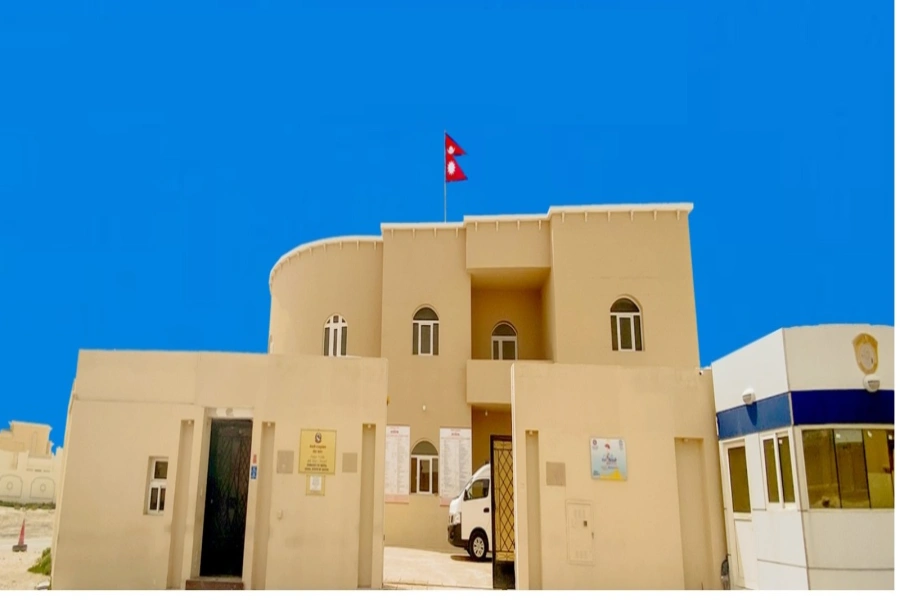KATMANDU, Dec 15: Nepal Rastra Bank (NRB) has said that transport syndicates has become one of the major challenges for country's economic development.
The central bank, in its 'Economic Activities Study Report 2015/16', said that exorbitant transport charges due to the syndicate have increased cost of production of industries.
Though the economic growth rate was at one of the lowest levels in Fiscal Year 2015/16, the central bank has painted a rosy picture for key economic sectors -- agriculture, service, industries and infrastructure - in the Fiscal Year 2016/17.
According to the report, which is based on the study of economic activities of 47 districts, the likelihood of increment in capacity utilization of industries, rise in the number of tourists and timely monsoon that can boost agro productions, among others, are the positive developments that the central bank is expecting in the current fiscal year.
The report shows that there was a slight fall in agro production in the review year. While the service sector fared better in the review period, the failure to boost capital expenditure has become a major problem for the development sector, according to the report.
Average capacity utilization of industries went down to 48.2 percent in the last fiscal year compared to 52.7 percent in the previous fiscal year. The report shows that pashmina industries had the highest capacity utilization (88 percent) in the review period, while rice industries had the lowest capacity (13.6 percent). The report has attributed border disruption and long strike in Tarai districts for erosion in capacity utilization of industries.
Almost all the industries in the southern belt were either compelled to shut operations or operate at a very low capacity due to unofficial Indian blockade which ran for nearly twenty weeks.
"After the earthquakes, public were not much interested at buying goods, except essential supplies, dampening the overall demand side which also affected capacity utilization of industries," the report reads.
The central bank carried out study in Kathmandu, Sindhupalchowk, Rasuwa, Dolakha, Ilam, Jhapa, Sunsari, Bara, Parsa, Kaski, Syngja, Rupandehi, Nawalparasi, Banke, Bardiya, Dang, Kailali and Kanchanpur, among other 47 districts.
Revised interest rate corridor system introduced




































